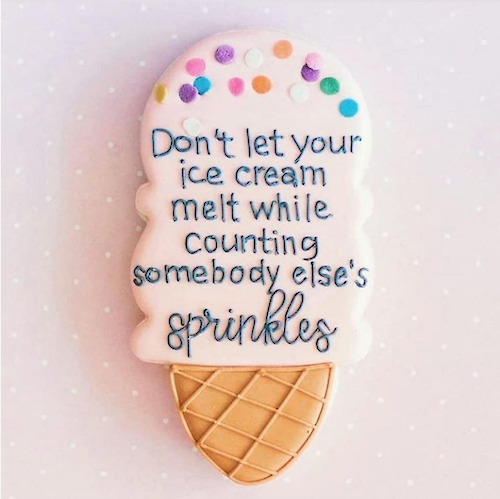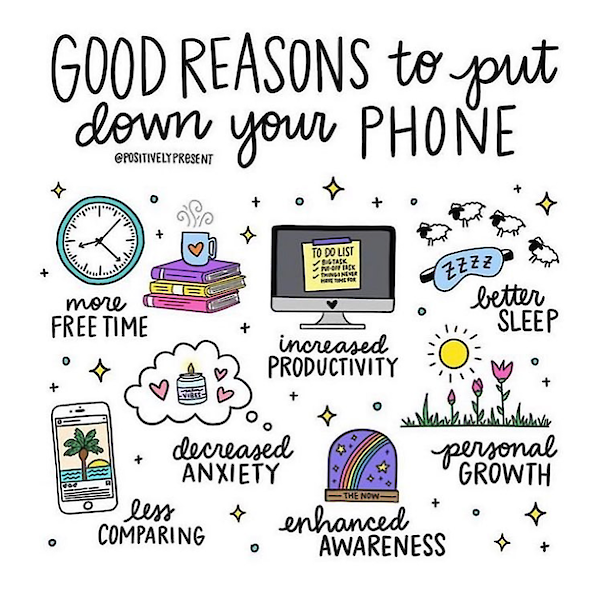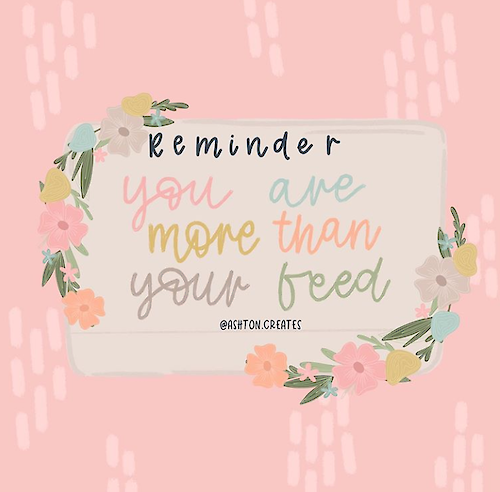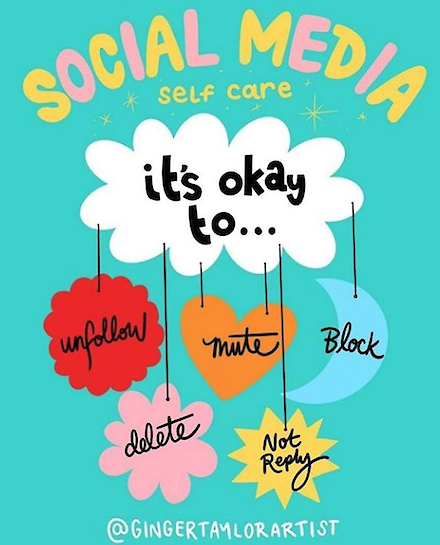Adolescence (and sometimes younger years) is often a time of change, pressure and challenges. Between household rules, peer pressure, and navigating the world of dating, the life of a teenager is stereotypically dramatic for a reason.

However, young people are increasingly faced with a constant pressure which previous generations never knew as children: the pressure of social media. Social networking sites have becomre a force of their own, driving teens to stay online and attempt to keep up with how they perceive others to be living their lives. We as adults can be guilty of this too!
2019 Media use Statistics:
- 37% of 8-11 year olds have their own smart phone.
- 45% of 8-11 years old who own a smart phone are allowed to take it to bed with them.
- 99% of 8-11 year olds spend 10.5hrs a week watching TV programmes or movies.
- 21% of 8-11 year olds who are online users have a social media profile.
- 83% of 12-15 year olds have their own smart phone.
- 74% of 12-15 year olds who own a smart phone are allowed to take it to bed with them.
- 71% of 12-15 year olds who are online users have a social media profile.
During lockdown many young people spent much more time on Facebook, Instagram, snap chat and Tiktok, looking for connection to their peers. The fear of missing out (F OMO) drove young people to obsessively check their devices to keep up with what their friends are doing. Young people are also faced with the pressure to "live their best lives", to present a false image of perfection. This can start innocently enough by sharing a flattering selfie (using a filter) but the desire of positive feedback might lead to the idea that the real them isn't good enough resulting in young people questioning their worth and negative impacts on self-esteem, body image and mental health.
OMO) drove young people to obsessively check their devices to keep up with what their friends are doing. Young people are also faced with the pressure to "live their best lives", to present a false image of perfection. This can start innocently enough by sharing a flattering selfie (using a filter) but the desire of positive feedback might lead to the idea that the real them isn't good enough resulting in young people questioning their worth and negative impacts on self-esteem, body image and mental health.
Young people in intimate relationships might be pressured to share private/nude images with their boyfriend/girlfriend, which of course can easily be used against them, as blackmail or to humiliate them following the end of the relationship. Statistics show that young girls often feel pressured by peers to take part in such activities without realising the implications. It is a criminal offence to make, distribute, take or be in possession of an indecent/sexual image of any persons under the age of 18. Therefore a nude or semi-nude photograph sent via text or any social media platform without much though could have exceptionally serious legal consequences. The BBC in 2017 reported a 21% rise in the number of under 18s reported for sex offences and a contributor to this increase was sexting. For more information about the law, theHighland Child Protection Committee have put together some useful guidance on sexting and the law.

Statistics show that young girls often feel pressured by peers to take part in such activities without realising the implications for more information on this please see the following link here.
The fallout from this and more is cyber bullying and serious mental health issues.
To protect our young people we need to encourage them to spend less time online and develop healthier relationships with social media (no constant checking of their phones, to spend time away from the fake world of social media and focus on their natural environment). The idea of telling your child/teen that you want to limit their social media time can be daunting but try being open about your concerns and work together to create boundaries you are both comfortable and happy with. We need to educate ourselves as adults about online safety and learnings from research. For example, did you know that; you can also block or limit certain apps by blocking certain sites, like adult dating apps and pornography, you can protect your child/young person from the more sinister side of the internet?
Some More Statistics:
- 56% of 11-16 year olds have seen explicit material online (taken from NSPCC pornography report)
- One-third of British children aged 12-15 have said they encountered sexist, racist or discriminatory content online (taken from Ofcom media attitudes report)
- One in ten Children aged 8-11 years old who go online said they had seen something nasty or worrying (taken from Ofcom media attitudes report)
Social media and t he internet are here to stay. They are now part of day-to-day life and the world we live in. We can encourage our young people to develop healthier relationships with online content by encouraging them to be mindful of who and what they follow...how does it make them feel about themselves?...how does it inform them of the world around them? Social media has the potential to be a different place if we look mindfully at our feeds and unfollow content that makes us feel not good enough. It has the potential to celebrate diversity and empower us to be who we are, to educate us about the world and important social issues and help young people navigate the world and their place in it.
he internet are here to stay. They are now part of day-to-day life and the world we live in. We can encourage our young people to develop healthier relationships with online content by encouraging them to be mindful of who and what they follow...how does it make them feel about themselves?...how does it inform them of the world around them? Social media has the potential to be a different place if we look mindfully at our feeds and unfollow content that makes us feel not good enough. It has the potential to celebrate diversity and empower us to be who we are, to educate us about the world and important social issues and help young people navigate the world and their place in it.
Have a click on the links below to educate yourself on the latest apps and how to support a child/young person to keep safe on the internet. CEOP has information on what to do if you are worried about online sexual abuse or the way someone has been communicating with you or a child/young person online. The information we collated for this blog have come from the links below.
- https://www.thinkuknow.co.uk/
- https://www.net-aware.org.uk/
- https://www.ceop.police.uk/safety-centre/
- https://www.bsbsolicitors.co.uk/blog/sexting-between-teens-and-the-legal-consequences/
- https://www.ofcom.org.uk/__data/assets/pdf_file/0034/93976/Children-Parents-Media-Use-Attitudes-Report-2016.pdf
- https://www.mdx.ac.uk/__data/assets/pdf_file/0021/223266/MDX-NSPCC-OCC-pornography-report.pdf
- https://www.internetmatters.org/issues/inappropriate-content/learn-about-it/#explicit_content_facts





